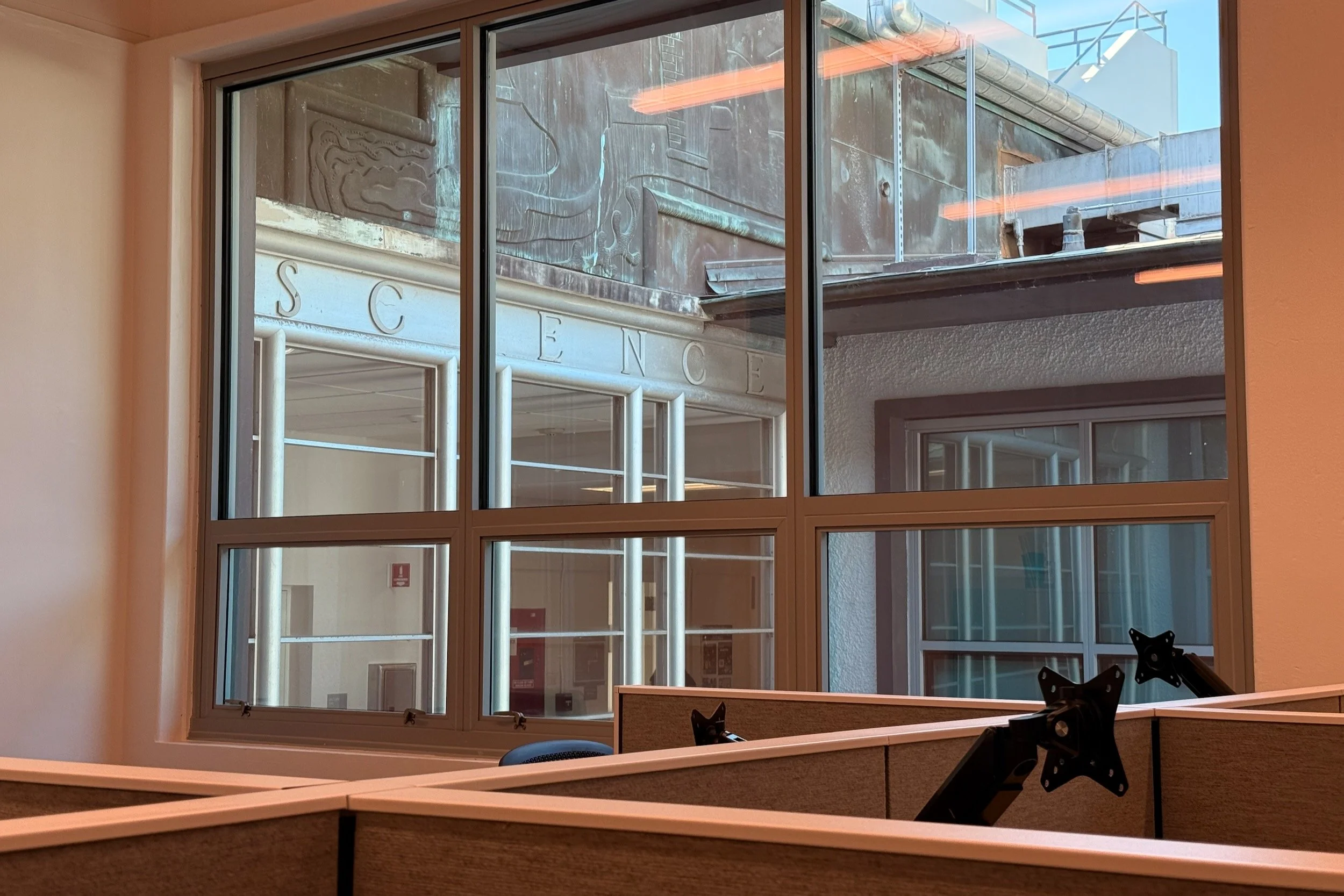The greatest-of-all-time (GOAT) in terms of comfort food for me has got to be fried eggs. Pair it with some rice and roaster seaweed, and you’ve got the perfect poverty peasant meal. I am lucky to have income above the poverty line, and that combination still remains a constant meal choice for me. Love it.
Whoever said it is expensive to eat healthy is a lie. Rice, beans, and lentils are exceedingly cheap per pound. And it’s got your main three macros covered: carbohydrates, protein, and fiber. Beg at a street corner for a few hours, and you might be able to add an egg or two to that mix.
What does get expensive is variety. No one wants to eat rice, beans, and lentils for three meals a day, every single day, three sixty five days a year. A variety of healthy foods can get pricey. Especially if you’re like me and prefer the nicer kinds of fish (raw salmon is the GOAT), and the most prime USDA cuts of beef. Sweet potatoes are definitely pricer than lentils.
If I were indeed poorest of poor, I’d have no issues eating the same cheap thing for all the meals. Blaming poor health outcomes on the high cost of groceries completely forsakes the agency of a person. Even peasants have choices they can make. Of course it’s tough to eat without variety. I hate it too! But that’s the sacrifice one has to make for the sake of health.
The discipline to eat monotonously also comes in handy whenever I need to enact some austerity into my spending. That’s why eggs, rice, and seaweed will never go out of style for me.
For science!
